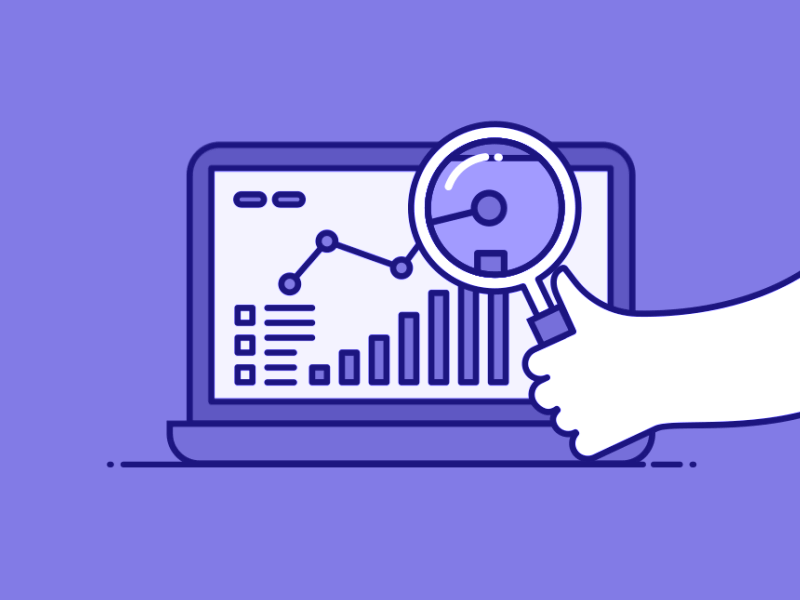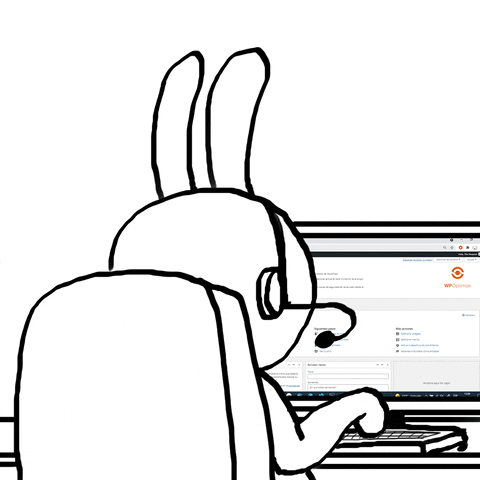Artificial intelligence (AI) can change the scope of education by providing students with individualized and adaptable learning experiences. AI-powered systems can assess student performance data, identify areas of strength and weakness, and change education as needed. According to research, 86% of teachers believe that artificial intelligence should be a part of the education curriculum.
Imagine a world where students have access to 24/7 AI-powered virtual assistants and tutors. These advanced technologies can customize the learning experience to each student’s pace, helping bridge the education divide and ensuring equal access to high-quality education for all.
But are we truly on the cusp of a revolutionary new era in education with AI? Let’s explore this exciting possibility and uncover the mystery together.
5 Ways AI is Impacting the Education Sector
The widespread incorporation of technology into educational settings is causing profound shifts in the ways we instruct and are being instructed.
One of the innovative approaches that can personalize the educational experience for a variety of learning groups, instructors, and students is the use of Artificial Intelligence (AI). The following are some of the ways AI directly impacts the education sector:
Ensuring Access to Students with Special Needs
Students who struggle academically can now find more effective communication methods thanks to cutting-edge Artificial Intelligence (AI) tools. Special students, such as those who are deaf, blind, or have autism spectrum disorder (ASD), can now participate in the educational system because of AI.
AI can be used to enhance the learning experiences of special children who have a unique set of requirements to deal with.
Better Tutoring for Students
Personalized study plans are constantly updated to account for students’ areas of weakness that can be addressed via individualized instruction. Students with access to private tutors and extra assistance outside class are more likely to succeed.
In the classroom, instructors can save a lot of time with the help of AI tutors since they won’t have to spend as much time on difficult subjects. Chatbots driven by Artificial Intelligence (AI) or virtual personal assistants powered by AI save children time. They no longer have to go to their teacher or parent for extra help. They can use put that time for other educational purposes.
Simplifying Task Automation
Teachers can use AI to streamline administrative chores like grading, evaluating, and responding to students’ inquiries to save time.
By having AI handle several mundane duties, educators can focus on student feedback, professional development, and improving the overall classroom experience.
Help Produce Smart Content
Smart Content refers to content that can be automatically personalized, optimized, and adapted based on the user’s needs, preferences, behavior, and context.
It leverages data and machine learning algorithms to provide a personalized experience to the user and improve their engagement with the content. The following are some of the ways AI can help produce Smart Content for education:
Learning Content Updates – AI also helps create and maintain the classes’ content, ensuring that students always have access to the most recent knowledge while catering to their individual learning styles.
Information Visualization – Artificial Intelligence can enable novel methods of experiencing data, including visualization, simulation, and online learning settings.
Digital Lessons – With the help of AI, you can explore a wide variety of learning resources, including interactive digital interfaces with personalization choices, digital textbooks, study aids, and snippets of courses.
Personalizing Education
Using conversational AIs, educators can assess a student’s current level of knowledge and use that information to create a custom study plan that fills in gaps. By adjusting course content based on everyone’s strengths and weaknesses, AI helps students make better use of their time in the classroom.
How is AI Set to Change the Education Market for Good in the Upcoming Years?
AI is set to change the education market in the following ways:
Predictive Analytics

AI can be used to assess student data to predict future academic performance. This allows teachers to detect possible academic problems early on and take corrective action.
Online Education

AI can help students with online education by improving the accessibility of content from any part of the world. With the help of AI in education, students now have access to real-time chatbots and tutoring platforms. This helps students with better learning. For example, students can learn some useful things in which they lacked expertise before. Moreover, AI has helped develop tools that can test students’ skills to improve their learning ability.
Gamification of Learning

AI can help gamify learning by making education more engaging, interactive, and personalized. By incorporating AI into education, students can have a more enjoyable and effective learning experience. AI can help to create gamified rewards systems that incentivize students to learn by offering rewards such as badges, points, and virtual prizes.
Automated Assessment and Feedback

AI can analyze students’ performance, providing accurate evaluation and feedback in real-time, which helps educators discover areas of strength and weakness and change education appropriately.
Virtual Educators and Assistants

Students can study at their own pace and get support whenever they need it from virtual assistants and tutors driven by Artificial Intelligence (AI).
A Few Potential Benefits of Using Artificial Intelligence in The Education Sector
The following are some of the prevalent benefits of AI learning for students:
- Better Self-Directed Learning – By offering individualized learning paths and content, AI-powered solutions can empower students to participate more actively in their own learning.
- Education Forecasting and Predictions – AI can be used to examine student data and forecast future academic performance, allowing educators to detect possible academic flaws and act early.
- Increased Education and Academic Access – AI can help with online education access so that students won’t have to spend too much time elsewhere for guidance.
- Better Engagement – AI-powered tools and interactive games can enhance student motivation toward their education by making learning more interesting and participatory.
The Bottom Line: Artificial Intelligence is Set to Change the Education Industry for Good!
Artificial intelligence (AI) has the potential to transform education and the way we learn and grow. It has the potential to offer equitable access to high-quality education for everyone by personalizing learning, providing 24/7 help, and bridging the education gap.
While additional research and development are required to fully achieve the promise of AI in education, it is obvious that we are entering the next phase of educational learning and development with AI. It is critical that we continue to investigate and invest in this innovative technology to reap its numerous advantages for students and educators alike.
